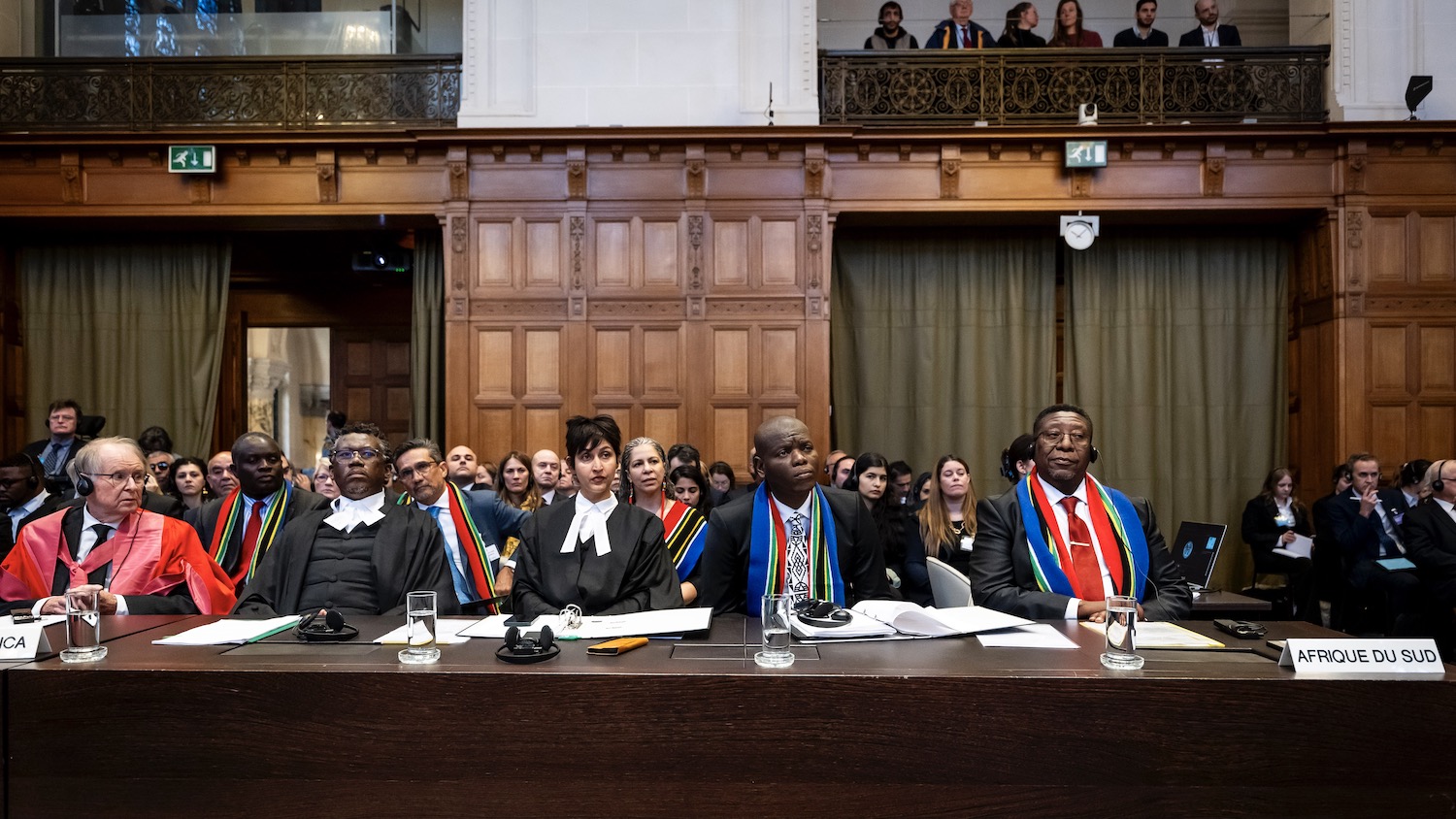South Africa has scored a diplomatic victory by securing a ruling from the United Nations’ top court, the International Court of Justice (ICJ), ordering Israel to take measures to prevent deaths and injuries in Gaza. The court also emphasised the need to ensure residents in Gaza have access to urgently needed services and aid. While largely symbolic, as the ICJ lacks the power to enforce the order, the ruling puts pressure on Israel to temper its response to Hamas’ recent assault.
In a move reinforcing South Africa’s image as a voice for the Global South, the ruling also risks deepening a rift with its major investors, including the United States, Germany, and the UK. These countries, which account for a significant portion of South Africa’s foreign direct investment and trade, were critical of Pretoria’s argument. Israel, backed by Western powers, asserts its right to defend itself against Hamas.
The African National Congress (ANC), South Africa’s ruling party, strategically supported the Palestinian cause, aligning with its historical ties to the Palestinian Liberation Organisation during the anti-apartheid struggle. The move resonates with voters, and public sentiment often supports Palestinian causes in various South African communities.
However, the ANC’s stance has strained relations with the nation’s sizable Jewish population, which played a crucial role in South Africa’s struggle for democracy. The government’s position is also subject to accusations of hypocrisy, given its past refusal to execute an International Criminal Court arrest warrant for Sudanese President Omar al-Bashir in 2015.
While South Africa can claim a moral victory with the ICJ ruling, the diplomatic move raises economic concerns. The ANC’s backing of the Palestinian cause may result in a strained relationship with key investors, potentially impacting trade and foreign investment. As South Africa navigates this delicate balance, it faces the challenge of maintaining diplomatic strength without compromising its economic interests.

